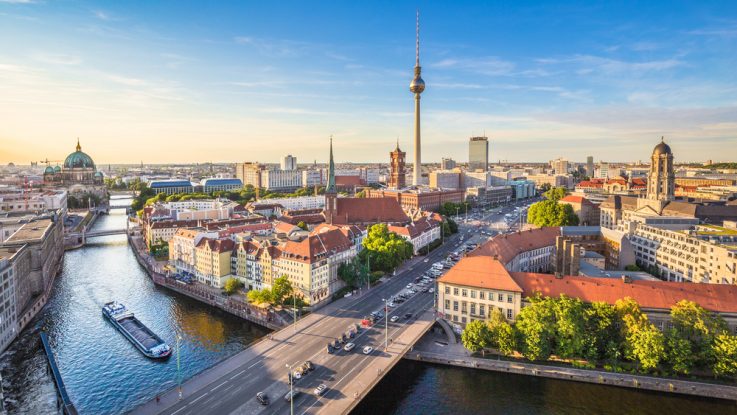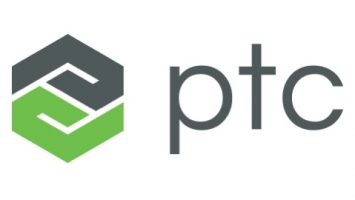
Eight Germany cities and towns in the NordAllianz – Metropolitan Region Munich North – have initiated a two-year, smart city project involving monitoring air quality and finding measures to reduce carbon emissions.
They have selected Hawa Dawa to implement a digital measurement network for tracking air quality, which will be comprised of 35 IoT-enabled sensor nodes to collect the data. The data will be accessible to the public, live and via the internet via an interactive website, the ‘Urban Cockpit’, which was developed by the Urban Software Institute. The Urban Cockpit integrates different data streams from a city such as traffic, environmental information, and other solutions, and visualizes this data in real time as the “Pulse of a City.”
The network will collect values for particulate matter, nitrogen dioxide, and ozone in real time. Hawa Dawa – a Munich-based start-up – combines satellite, weather and other geo data to produce spatial and temporal maps of air pollution.
Karim Tarraf, chief executive officer of Hawa Dawa, said: “Up to now, air quality data was reserved for expert communities. With our measurement technology, it is now possible to deliver high-quality data for citizens and decision-makers ubiquitously and in real time. For the first time, the focus is not on technology, but on people’s needs for transparency in urban environments. We are proud to take this first step towards the smart city together with the communities of NordAllianz and look forward to working together over the next two years.”
The eight municipalities include Eching, Garching, Hallbergmoos, Ismaning, Neufahrn, Oberschleißheim, Unterföhring and Unterschleißheim .


